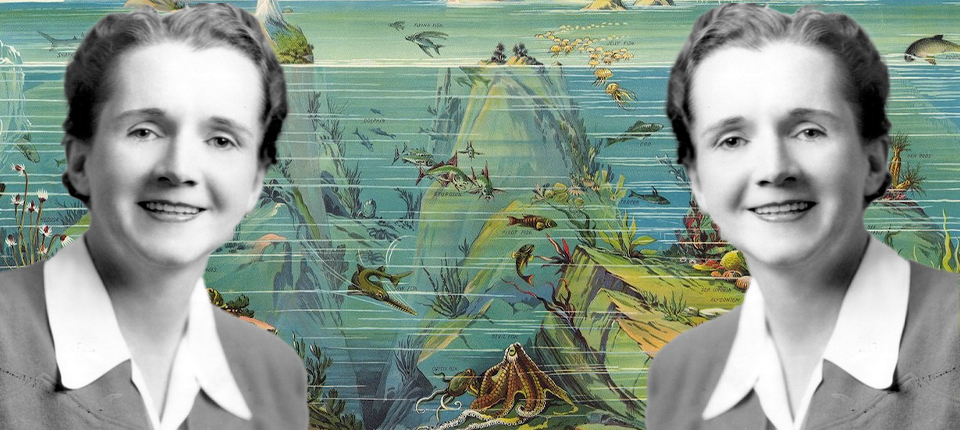The Best of the Literary Internet, Every Day

TODAY: In 1964, marine biologist and conservationist Rachel Carson, whose book Silent Spring helped advance the global environmental movement, dies.
- Celia Mattison examines Sky Daddy, Blob, and the allure of the non-human love interest. | Lit Hub Criticism
- Heather Swann considers the many roles of Jane Hirshfield (with poems!) | Lit Hub Biography
- Andre M. Perry on why Black empowerment must bridge the opportunity gap: “In the context of seeking recognition and representation within predominantly white institutions, assimilation is not inherently a goal or an indicator of Black power.” | Lit Hub Politics
- Tiana Clark on Phillis Wheatley Peters and the poetry of freedom and survival. | Lit Hub Craft
- “And what would compel a woman already at the top of her world to believe her only option was to vanish from it?” Claire Hoffman on Aimee Semple McPherson the allure of coming undone. | Lit Hub Criticism
- “In the end, the end, / thanks, and the quiet come / in place of the noise.” Read “The Quiet,” a poem by Aharon Shabtai from the collection Requiem and Other Poems. | Lit Hub Poetry
- “As I grew into adulthood I continued to fall in love with both real and nonreal people.” Read from Sayaka Murata’s new novel Vanishing World, translated by Ginny Tapley Takemori. | Lit Hub Fiction
- Decca Muldowney takes a deep dive into the world of online men cashing in on romantasy. | The Verge
- Sinéad O’Shea excavates the diaries of Edna O’Brien. | The Guardian
- “The American homestead has never been apolitical.” Mira Ptacin on the illusion of safety and the omnipresent threat of white supremacist violence. | Harper’s Bazaar
- Andrew Newman considers the study of The Great Gatsby in American high schools. | Public Books
- “The history of literature, Lovers of Franz K. suggests, is a history of imperfect translation, appropriation, and productive error.” Matt Broomfield on the relationship between Kafka and Kurdish. | The Baffler
- On the books that were banned from (and the ones that remain in) the Naval Academy library. | The New York Times
Article continues after advertisement
